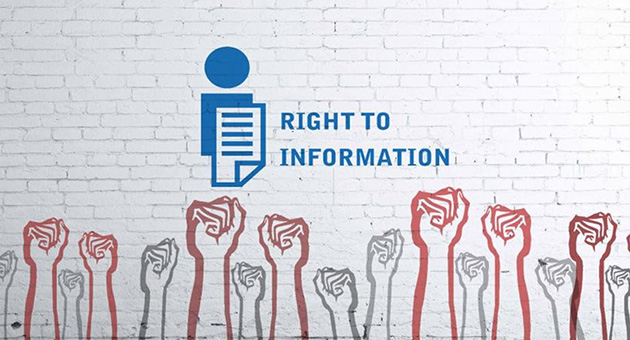About the Course
Purpose: Doctors managing the peripheral facilities and offices at district and sub district headquarters often encounter requests from the public in general and activists in particular, for specific information relating to the delivery of health services. Consequentially they are expected to be well aware of the parliamentary legislation pertaining to Right to Information Act 2005, and its application in the conduct of public facilities.
Time Required: One and half hours
Author: Dr T Mathiyazhagan, Professor and Head, Department of Communication, National Institute of Health and Family Welfare (NIHFW), New Delhi - 110067
Mr G Subramanian, Deputy Secretary and Deputy Registrar, Central Information Commission, August Kranti Bhawan, Bhikaji Cama Place, New Delhi, is gratefully acknowledged for his critical review of this unit.
Prerequisite: This unit may be read after completing the unit on Office Procedures (C1_U6).
Earn a career certificate

No Instructor(s)
There are no reviews for this course yet.




